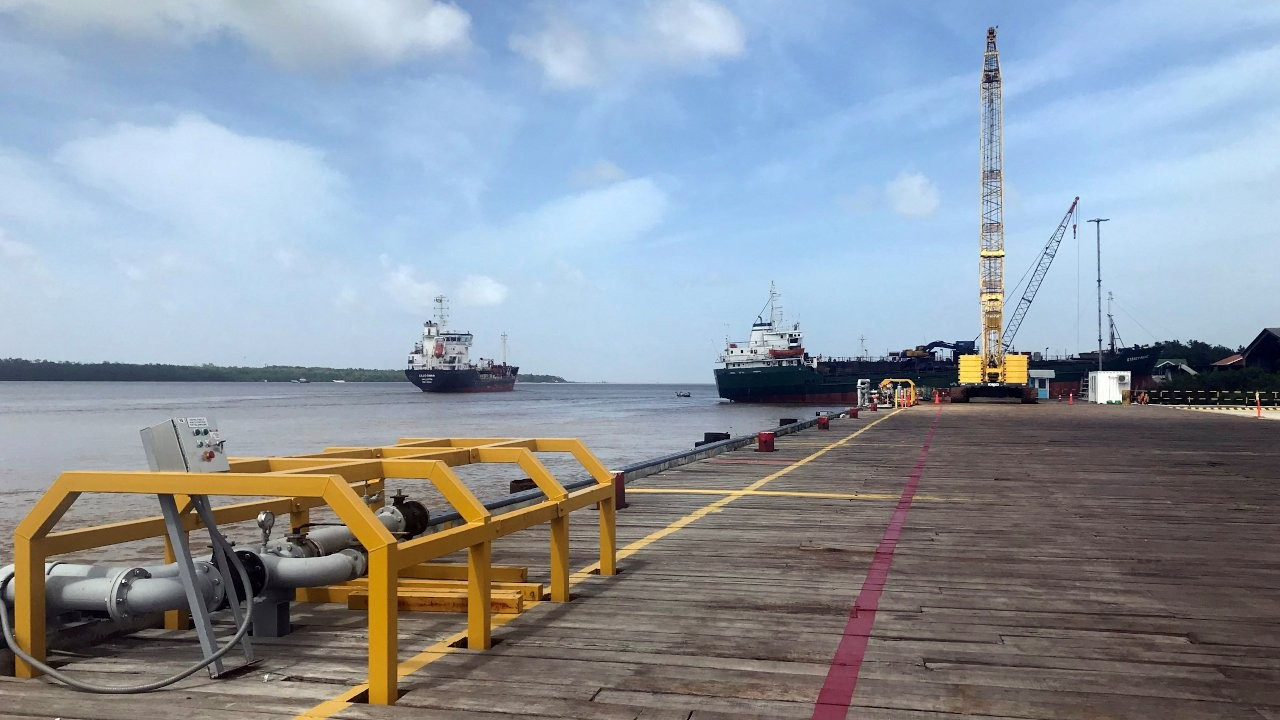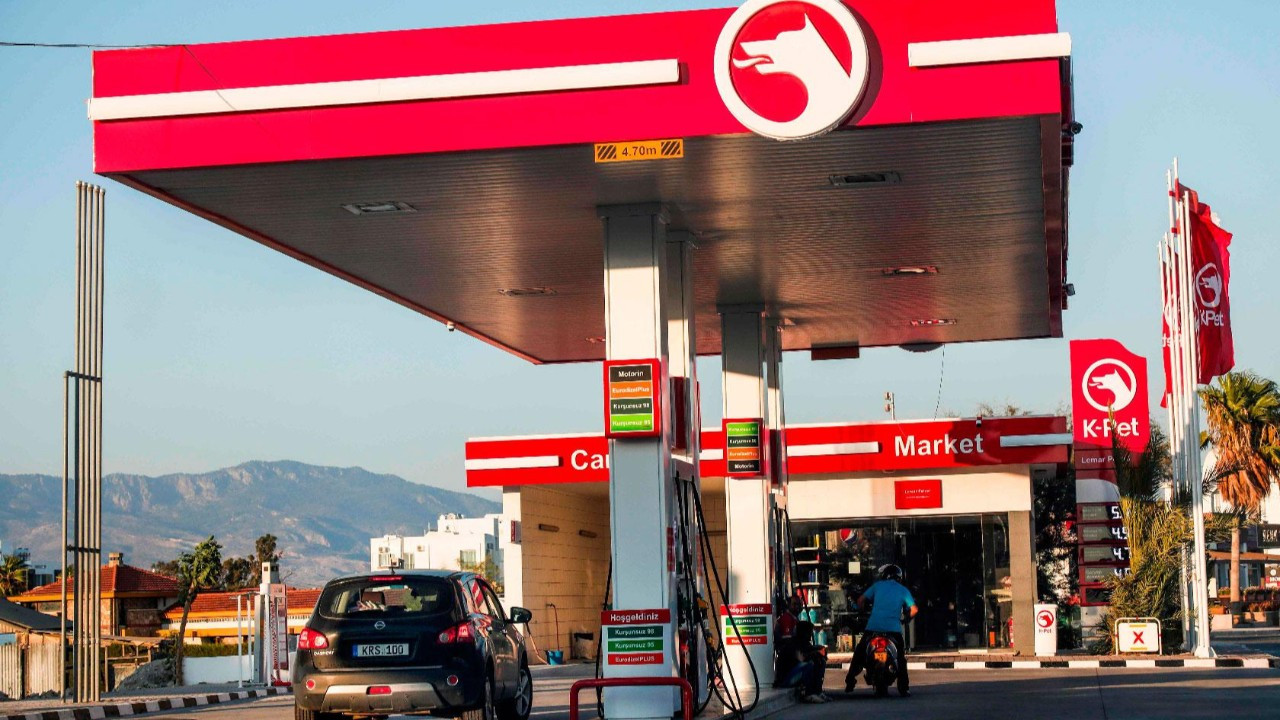Turkish economic crisis wrecks Northern Cyprus, basic goods unavailable
As the value of the Turkish Lira plummets against foreign currency, the Turkish Republic of Northern Cyprus is in a state of crisis. Supply chains are crumbling and many basic goods are unavailable. Also, many Turkish Cypriots are looking to the Greek-controlled south of the island for job opportunities.
Nikolaos Stelya / DUVAR
The economic crisis wracking Turkey has accelerated into a full-blown disaster in the Turkish Republic of Northern Cyprus (TRNC). The economic pain of a rapidly devaluating Turkish lira has been exacerbated by electoral and supply chain breakdown, leaving many Turkish Cypriots unable to access the most basic of goods.
TRNC formed a new coalition government in recent weeks, just as the lira has lost a large portion of its value. As a result of the financial crisis, a fuel crisis has erupted on the island, a fact the new government disputes. However, major fuel companies are struggling to import gas - priced in foreign currency - to the Turkish part of the island.
Despite its denials of the fuel shortage, the government has vowed to review fuel prices in the coming days.
Turkish Cypriots say that signs of energy crisis are everywhere, not limited to fuel access. Street lamps are dark on some of the main throughways of the island and power cuts have become routine.
Added to this is a looming food crisis. In the last few days, the newly-elected government decided to open the TRNC flour and baked goods market to Turkish imports tax-free. Previously, the island had a nationalized flour production system to protect the island’s food supply. Now, they say the import of Turkish flour will “increase competition” in the domestic market.
This led to what the Turkish Cypriot media is calling the “flour crisis.” Immediately following this announcement, three major TRNC flour producers said they would halt production and that the legislative change had been made without their input. The government stepped in and held a dialogue with the flour producers, negotiating a temporary resumption of production, but many on the island fear that this is only the beginning of the crisis.
As a result of the economic uncertainty imposed by a crumbling lira and soaring inflation, many Turkish Cypriots are looking to the Greek-controlled south of the island for job opportunities. Many costs of living in TNRC are paid in foreign currency, and the decreasing value of the lira is making life there untenable.
Many on the island are looking towards a Cyprus Turkish Trade Unions Federation program with unions on the south of the island which helps connect unionized workers with jobs across the border. The union partnership expects to employ around 8,000 people to work on the south of the island in sectors such as tourism, construction, and service. According to media reports on the Turkish side of the island, 300 people have already applied to participate in the program.
As in many border regions of Turkey, euro-holding Greek Cypriots are also flooding the Turkish side of the island in search of cheap fuel and daily necessities. Over the few weekends, as the Euro has skyrocketed against the lira, long lines have formed at “green line” checkpoints where Greeks can cross over to the Turkish side. According to Turkish Cypriot media, the number of Greek people coming through one of the most well-traversed checkpoints, Ay Demet (Metehan), has more than doubled in recent weeks.
(English version by Erin O'Brien)

 Erdoğan announces new measures to halt dollarization in face of lira's steep depreciationEconomy
Erdoğan announces new measures to halt dollarization in face of lira's steep depreciationEconomy ExxonMobil, Qatar sign Cyprus gas deal despite Turkey's oppositionEconomy
ExxonMobil, Qatar sign Cyprus gas deal despite Turkey's oppositionEconomy Turkish lira's steep depreciation triggers fuel crisis in Northern CyprusDiplomacy
Turkish lira's steep depreciation triggers fuel crisis in Northern CyprusDiplomacy